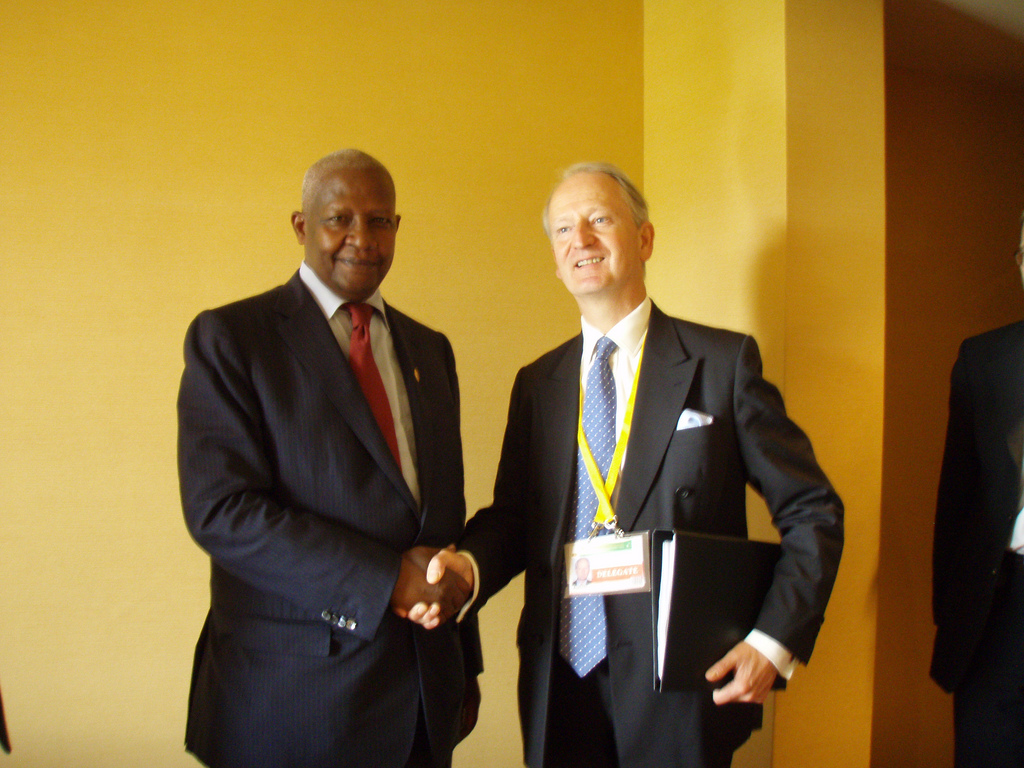
Sam Kutesa began his first day as president of the U.N. General Assembly Tuesday by describing the current year as “tumultuous” and the year ahead as “momentous” for the United Nations as it marks its 70th anniversary.
The Ugandan foreign minister said his priority will be to ensure agreement on new U.N. goals to fight poverty and preserve the environment.
Kutesa said next week’s ministerial meeting of the 193-nation world body, where some 140 world leaders are expected, is happening at a volatile time, when the world is beset by poverty, hunger, persistent unemployment, armed conflicts, faltering education systems and climate change.
Kutesa, who will preside over the meeting, also cited Ebola, which has been spreading in West Africa and has already claimed some 2,400 lives.
“Just in recent months, we have seen health systems overwhelmed in the face of new, dire threats like Ebola; while new challenges to peace and security have emerged with alarming frequency, including a rise in polarization, extremism and terrorist activities,” Kutesa said. “To say we are living in tumultuous times would seem an understatement.”
Kutesa, a wealthy businessman and longtime member of parliament, takes over from John Ashe of Antigua, just as the 69th session of the General Assembly gets underway. The presidential post is largely ceremonial but carries prestige and rotates annually by region.
The June election of Kutesa to the helm of the General Assembly drew controversy, in part because rights activists said he supported life sentences for people who are convicted of engaging in gay sex.
In a news conference that followed Kutesa’s opening remarks to U.N. diplomats, a reporter asked about nongovernmental organizations’ reports that address human rights violations in Uganda.
Kutesa responded by saying that Uganda’s courts were independent while referring to the country’s Anti-Homosexuality Act, which passed its Parliament earlier this year and drew widespread international condemnation before it was overturned by Uganda’s constitutional Court.
“Some of these (reports) have become an industry,” Kutesa said. “Let me leave it at that.”
Human Rights Watch reported in May that Uganda’s anti-gay legislation triggered “a surge in human rights violations,” including arrests, police abuse and evictions.